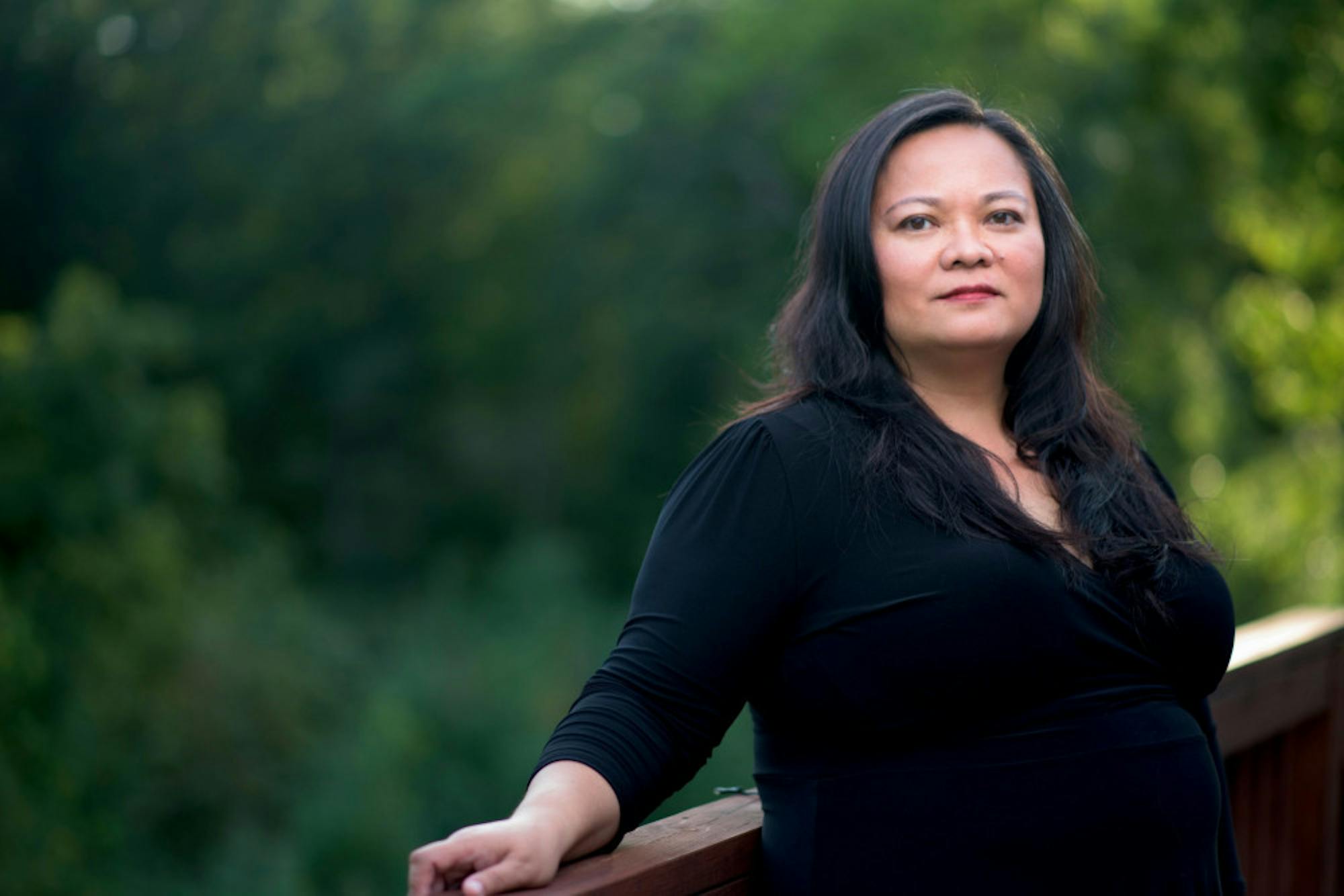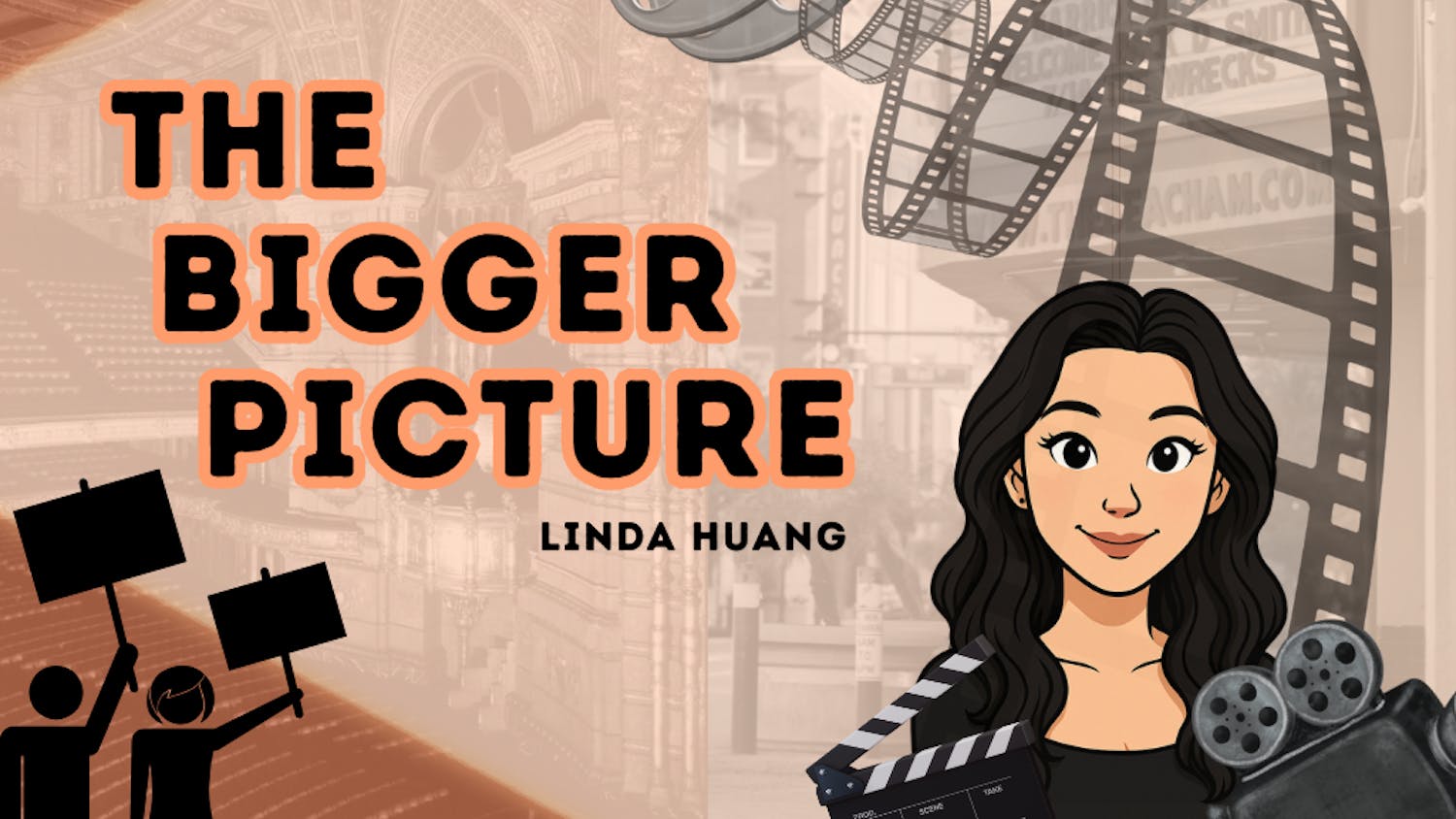The Boston Book Festival (BBF) named Tufts alumnaGrace Talusan (LA '94) as itsOne City One Story contest winner for 2020 for her piece of short fiction “The Book of Life and Death” (2007, 2020).
The One City One Story winner is traditionally a key part of the festival and will be this year even though the festival will be virtual. The winning piece is freely distributed throughout Boston each year, creating a shared reading experience for Bostonians. This is the 10th year of the contest.
Talusan is an immigrant from the Philippines and was raised in New England. After graduating from Tufts, she later returned to teach writing and experiential learning at the Jonathan M. Tisch College of Civic Life. Talusan is currently a member of GrubStreet and the Fannie Hurst writer-in-residence at Brandeis University, where she teaches creative writing.
Talusan is the author of the memoir “The Body Papers” (2019), a New York Times Editor’s Choice selection, and winner of the 2017 Restless Books Prize for New Immigrant Writing. It was also listed as a "Must-Read" at the Massachusetts Book Awards, and was a Foreword INDIES finalist.
The One City One Story contest encourages local, established authors to send in their short fiction pieces each year. They are then reviewed by a panel of journal editors and members of the media. After this panel has narrowed down the options, another committee of readers from the community takes over, which looks at the topical relevance of the pieces and how they will connect to the community.
“The Book of Life and Death” dives into the experiences and lives of migrant women in the United States. Talusan’s identity as a Filipina American is at its core. With strong themes of identity, belonging and community, the BBF felt it would be poignant for the Boston community this year.
“Grace's potent and resonant themes of privilege, identity, migration and belonging will give the Boston community the opportunity to discuss the notions of immigration and the invisibility of domestic workers, the importance of family and parenthood, education, friendship, and so much more,” Executive Director Norah Piehl said in a press release.
The story follows the experience of a Filipina domestic worker named Marybelle, who is working in the United States to send money back home to take care of her family. It is a work of fiction but is based on much of Talusan’s own research. She learned about what it means to do this kind of work, which makes up a considerable portion of Philippine economy and deeply affects the country as a whole, and then explored it through fiction.
The story also is a story about reading. It interacts with the idea of companionship between people and books themselves, even if it is a book only one person will read, like the book that Marybelle creates for herself. Each of these factors comes together, bonded in Marybelle, providing an intricate glimpse into her life and those of so many migrant workers.
“I think it’s really important for me to try to put stories that I write out in the world and encourage people that come from communities that are underrepresented in literature,” Talusan said in an interview with the Daily.
Her inspiration for this story came to her through an exercise in a writing class when she was handed a magazine cut out of a 1950s hostess; a scene came to her as she examined the photo.
“It’s my job to be interested and curious about the world and if I’m interested in something to follow that curiosity as much as possible. I didn’t really know where [this story was] going to lead … but I knew that there was something there,” Talusan said.
Talusan had written a different version of the story in 2007 but adapted it this year to exist in the COVID-19 period, taking place in the moments before the world begins to shut down.
The idea of a free community text is something Talusan adores and has used in her own teaching. She remembers reading and cherishing the first One Story One City winner, a piece by Tom Perrotta. Having her story picked as this year’s winner means even more to her because of her connection to the program and to Boston itself.
“I never dreamed it would be my story,” Talusan said.
The BBF distributes the story each year for free in multiple translations. Distribution will begin in September, available in English and Spanish at all Boston Public Library branches. Other local libraries and partner booksellers will also have copies. A variety of translations and an audio version will be available for free online. For the first time, the BBF plans to also include a translation of the story in Tagalog, the foundational language of Filipino.
The program culminates in a discussion with Talusan at the Boston Book Festival itself, which will take place online Oct.5–25, with main sessions taking place around Oct. 24–25. The schedule for the festival will be available later this summer.






